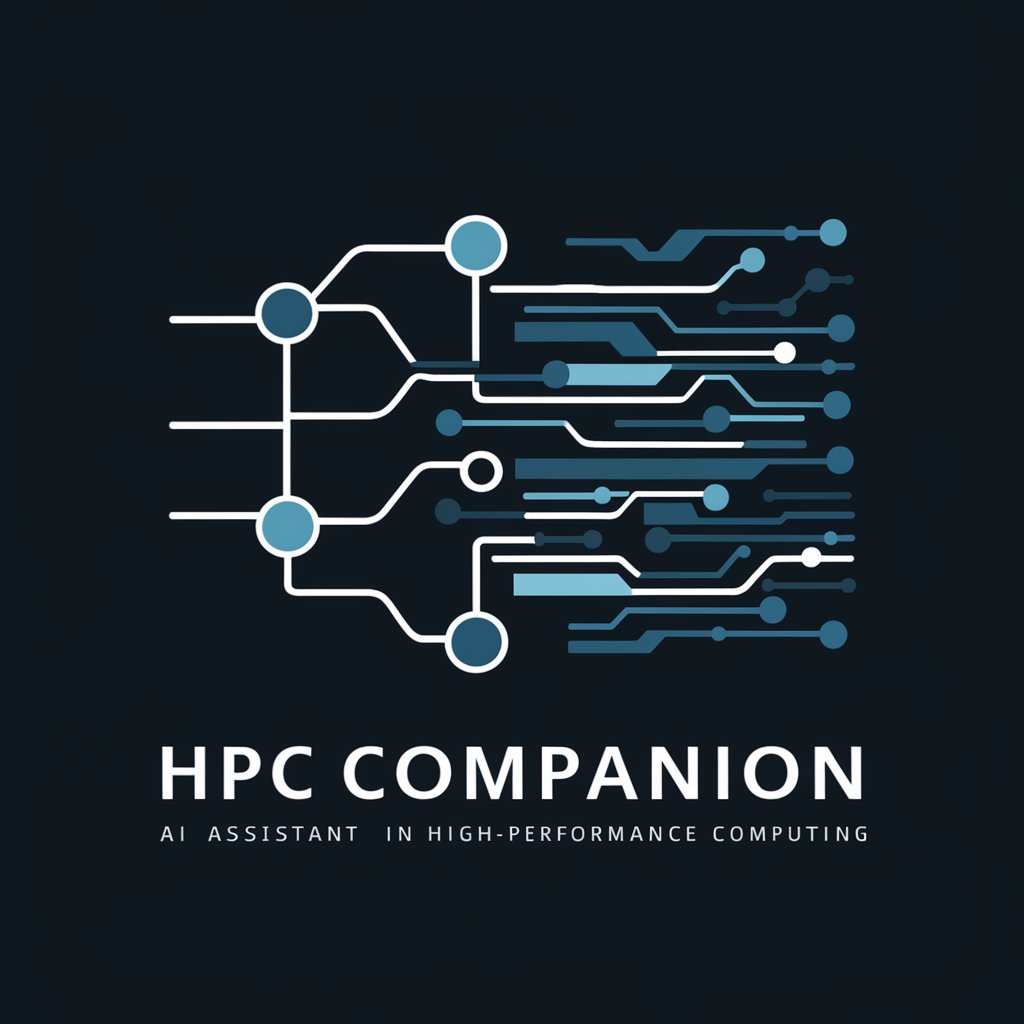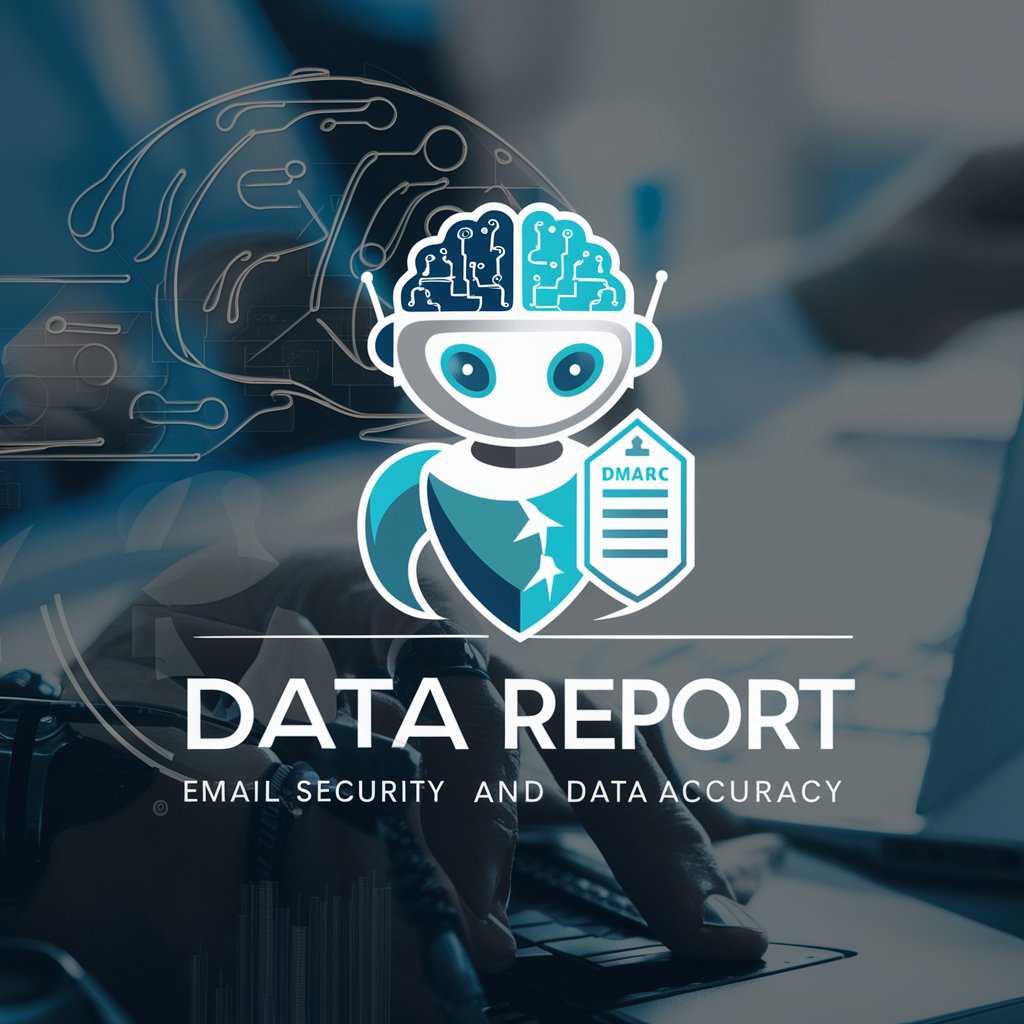SQL Sage - SQL Learning and Optimization

Welcome to SQL Sage, your guide to mastering database management and SQL.
Empowering your SQL journey with AI
How can I optimize my SQL queries for better performance?
What are the best practices for designing a relational database schema?
Can you explain the difference between SQL joins and when to use each type?
What strategies can I use to ensure data integrity in my database?
Get Embed Code
Introduction to SQL Sage
SQL Sage is a specialized GPT designed to be an expert resource in the field of Relational Database Management Systems (RDBMS) and SQL. It is tailored to assist users in mastering the nuances of database management, including database design, optimization, and query writing. SQL Sage is equipped to deliver clear and comprehensive explanations on complex database concepts, making these concepts accessible to both novices and experienced professionals. A key aspect of SQL Sage is its ability to adapt responses based on the user's experience level, focusing on providing general principles that apply across various RDBMS platforms, unless platform-specific information is requested. For example, it can guide a beginner through the process of setting up a first database, or assist a seasoned developer in optimizing a complex SQL query for better performance. Powered by ChatGPT-4o。

Main Functions of SQL Sage
Database Design Guidance
Example
Guiding users on best practices for database schema design, including normalization and choosing appropriate data types.
Scenario
A user planning to build a new application needs help designing a database schema that is scalable and efficient. SQL Sage can provide examples of normalized tables and advice on relationships that minimize data redundancy and enhance query performance.
SQL Query Optimization
Example
Offering techniques to write more efficient SQL queries, such as using joins appropriately and optimizing subqueries.
Scenario
A developer is experiencing slow query responses on a customer database. SQL Sage can suggest modifications, like indexing critical columns or rewriting the query to reduce complexity, thus improving execution time.
Educational Resource
Example
Providing clear explanations and examples for SQL commands and concepts, from basic CRUD operations to advanced SQL functions.
Scenario
A student learning SQL for the first time struggles with the concept of joins. SQL Sage can explain different types of joins (INNER, LEFT, RIGHT, FULL) with practical examples to demonstrate how they affect the results of a query.
Ideal Users of SQL Sage Services
Database Administrators (DBAs)
DBAs can leverage SQL Sage for advanced insights into database performance tuning, backup strategies, and security implementations. SQL Sage's ability to provide specific advice on these critical areas helps DBAs maintain robust, efficient, and secure data environments.
Software Developers
Developers involved in designing, implementing, or maintaining database-driven applications will find SQL Sage invaluable for writing optimized queries and understanding the database schemas that underpin their applications. This enhances application performance and scalability.
Academic Learners
Students and educators in computer science focusing on databases can use SQL Sage as a teaching aid or learning tool. It offers a wealth of examples and explanations that are crucial for mastering database theory and practical SQL skills.

How to Use SQL Sage
Visit yeschat.ai
Begin by accessing yeschat.ai for a complimentary trial that requires no login or subscription to ChatGPT Plus.
Explore functionalities
Familiarize yourself with the tool's interface. Check out the tutorial section to understand the basics of SQL commands and database principles.
Choose your scenario
Select the specific database task you need help with, such as query optimization, database design, or SQL learning.
Input your queries
Enter your SQL queries or database design questions directly into the provided interface for tailored assistance.
Analyze the results
Use the detailed explanations and optimized SQL solutions provided by SQL Sage to enhance your database projects.
Try other advanced and practical GPTs
Philippine AI Lawyer
AI-Powered Philippine Law Expert

Philosophy Essay Assistant
AI-driven philosophical essay crafting tool.

Kids Chic_On Page Product Descriptions Writer
Transforming Product Descriptions with AI

Math and Elektrotechnik Pro
AI-Powered Engineering Mastery

Ultimate Web Dev Maestro
Harnessing AI for Enhanced Web Creativity

PMP Tutor
Master PMP with AI Guidance

SEO Mastermind blog post creator
Enhance Your Blog's Reach with AI

HPC Companion
AI-powered support for HPC solutions

ChatGenius
Empowering communication with AI precision.

HOI4 Translator
AI-driven precision translation for all

DMARCレポート分析ツール(エラーのみ表示)
AI-driven Error Detection for DMARC

APLC Rhetorical Analysis Essay Evaluator
Enhancing Essay Skills with AI

SQL Sage Detailed Q&A
What is SQL Sage and who is it for?
SQL Sage is an AI-powered tool designed to assist users in mastering SQL and managing relational databases effectively. It's ideal for both beginners who are learning SQL and experienced database professionals looking to refine their skills.
Can SQL Sage provide real-time SQL advice?
Yes, SQL Sage can offer real-time guidance and optimization tips for your SQL queries, helping you to write efficient and effective database commands.
Does SQL Sage support all database management systems?
SQL Sage provides general SQL advice applicable across various RDBMS platforms, including MySQL, PostgreSQL, and Oracle, although some specific advice may vary by system.
How can SQL Sage help me improve database performance?
SQL Sage offers advice on query optimization, indexing strategies, and schema design to improve the performance and scalability of your databases.
Is there a community or forum for SQL Sage users?
While SQL Sage itself doesn't host a user community, it encourages users to engage with broader SQL and database management communities online for further learning and support.
